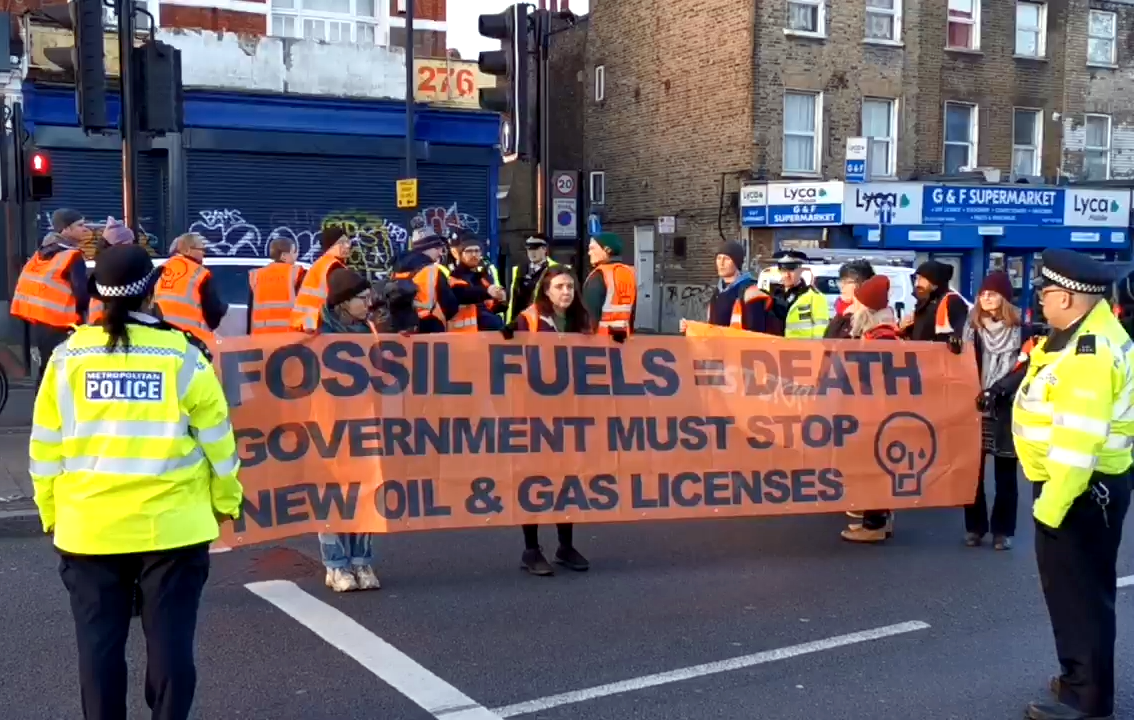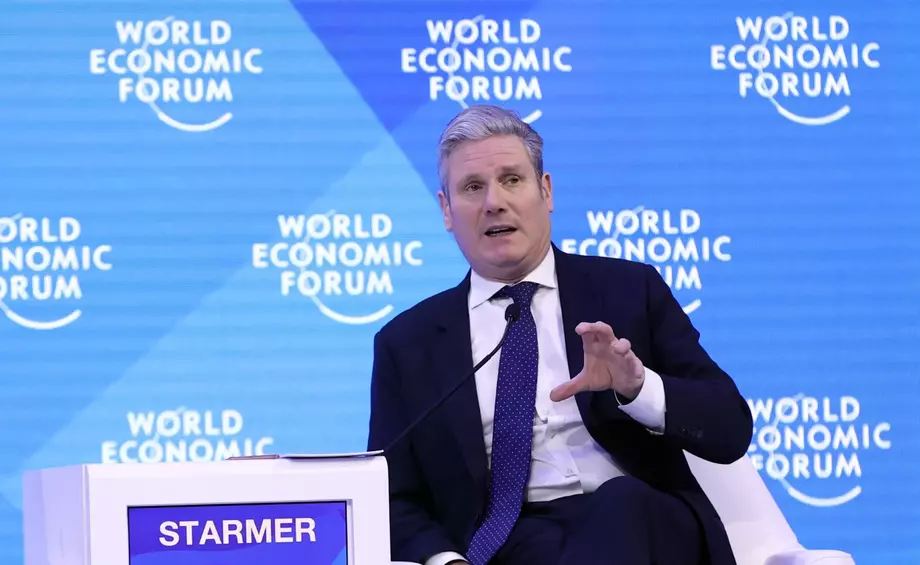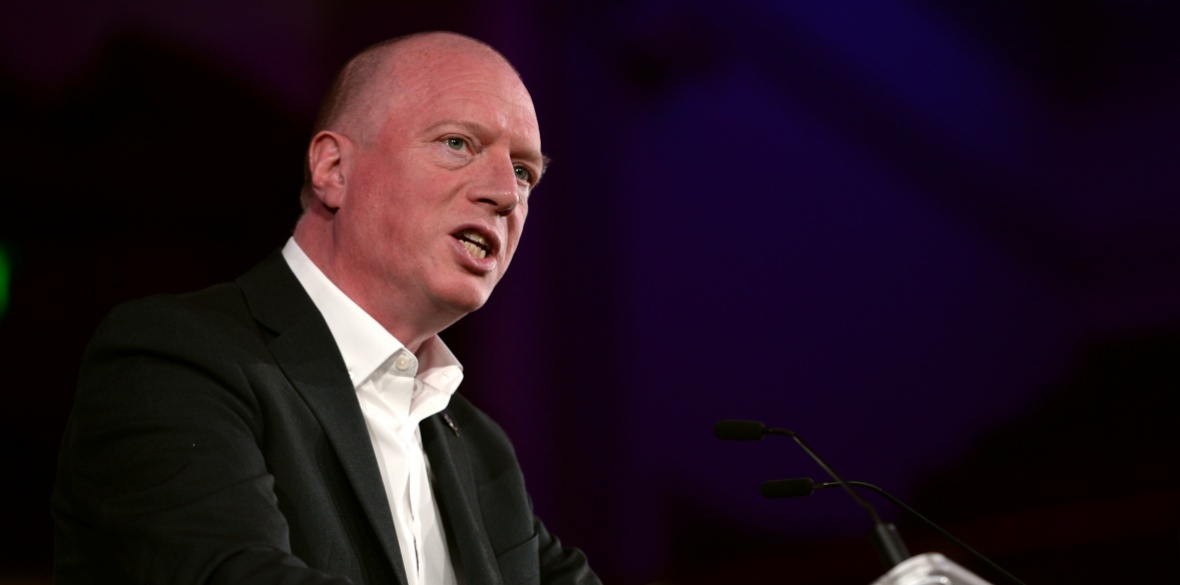Avery Anapol, The Conversation
The UK government has succeeded in passing its illegal migration bill. After a series of late-night votes and months of controversy, the bill is now set to receive royal assent and become the Illegal Migration Act 2023. The following round-up will give you the key details of the bill and the analysis of the academic experts who have written about it for The Conversation.
The illegal migration bill is the central pillar of Rishi Sunak’s plan to stop small boat crossings, one of his five promises as prime minister. On its journey to becoming law, the bill faced opposition from the House of Lords, Conservative backbenchers in the House of Commons, activists and organisations who support refugees in the UK, and the United Nations.
A key facet of the bill – the Rwanda migration partnership – remains in legal limbo. The Court of Appeal ruled that Rwanda would not be able to fairly and accurately assess refugees’ asylum claims if they were sent there from the UK, and that therefore the plan was unlawful. The government will appeal this decision at the Supreme Court.
But regardless of whether the appeal is successful, the act sets the stage for future migration partnerships, where asylum seekers who enter the UK irregularly (such as by small boat) may be sent to another country the government deems “safe”.
This act is the second major immigration law passed in the last 15 months. The Nationality and Borders Act, enacted in April 2022, was the Boris Johnson government’s plan to fix a “broken” asylum system. But after it failed to have any discernible impact on the number of people making the dangerous journey across the Channel in small boats, the government introduced the illegal migration bill.
Erica Consterdine, an immigration policy expert at Lancaster University, has explained the difference between the two pieces of legislation for us. She describes the new law as “the most extreme piece of immigration legislation to date”. It will effectively ban asylum seeking in the UK, by requiring the home secretary to detain and deport anyone who enters the UK illegally (most asylum seekers), before their cases can be considered.
This would include potential victims of modern slavery. One of the most controversial aspects of the legislation is that it would deny modern slavery protections to anyone who enters the UK illegally. This is, as expert Alex Balch from the University of Liverpool explains, because the government has accused asylum seekers of falsely claiming to be modern slavery victims in order to avoid deportation.
The House of Lords tried to soften these parts of the bill through a series of amendments, but was ultimately defeated by the government.
Legal concerns
From the moment it was announced, critics have said the illegal migration bill would clash with the UK’s human rights obligations. The home secretary, Suella Braverman, said herself that the bill would “push the boundaries” of international law.
Helen O’Nions, an expert in human rights law at Nottingham Trent University writes that the provisions in the bill hinge on a “shaky interpretation” of the UN Refugee Convention of 1951, an international treaty that sets out the rights of refugees. While international refugee law is difficult to enforce, there are a number of issues in the bill that are likely to face prolonged legal battles.
It’s notable that these two migration policies have been passed under two ethnic minority home secretaries, and endorsed by other ministers who are the descendants of immigrants themselves. Politics researchers Neema Begum (University of Nottingham), Michael Bankole (King’s College) and Rima Saini (Middlesex University) have dug into this phenomenon and argue that the appearance of ethnic diversity in government is used to prop up hard right views on immigration and race.
Will it even work?
At the heart of the act is the government’s claim that people won’t come to the UK to seek asylum if they know they will be detained and deported to Rwanda or elsewhere. But there is very little evidence) to show that this approach of “deterrence” would be effective, writes Peter William Walsh, a researcher at Oxford University’s Migration Observatory.
Explaining the logistical problems with the proposals, he says that with the future of the Rwanda partnership uncertain, it’s not clear how the “detain and remove” approach will actually be put into practice.
The trauma of the asylum system
This new legislation comes against the backdrop of an asylum “backlog” – tens of thousands of applications that have not yet been decided, leaving people uncertain about their future in the country.
This longform article by Steve Taylor, senior lecturer in psychology at Leeds Beckett University, details the physical and psychological impacts of being stuck in the UK’s asylum system. Taylor’s interviewees described experiences of trauma, suicidal thoughts, hostility and threats, from years spent in asylum limbo.
And, as he points out, the act “is predicted to lead to more long-term detention”. This will come at high cost to taxpayers, and to the human lives caught up in the policy. 
Avery Anapol, Commissioning Editor, Politics + Society, The Conversation
This article is republished from The Conversation under a Creative Commons license. Read the original article.



